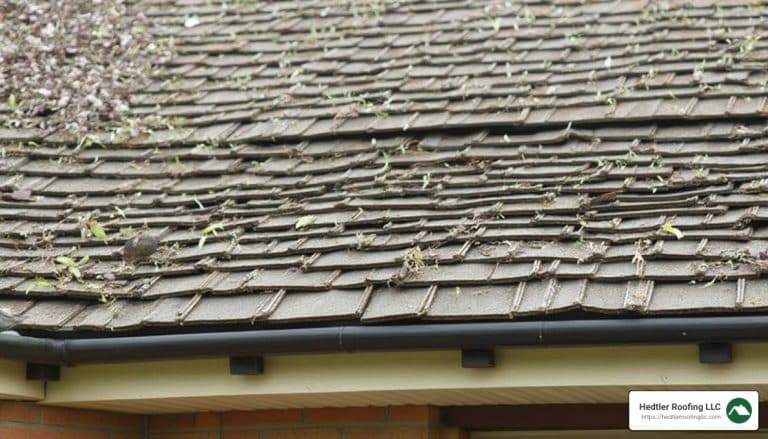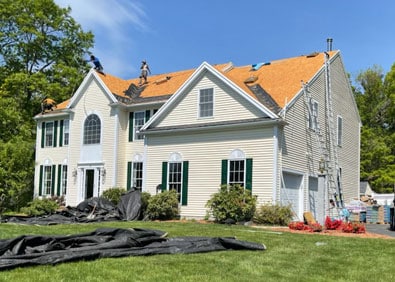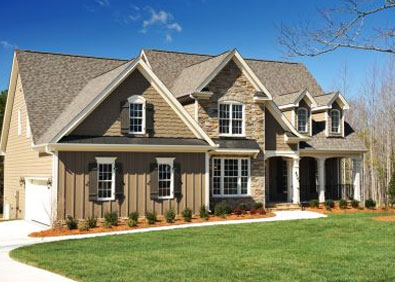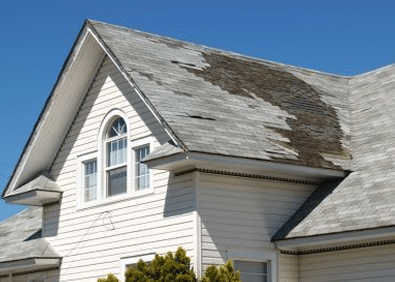
Roof inspection is essential to ensuring the durability and safety of your home. In Massachusetts, where the weather can be unpredictable, regular roof inspection helps identify potential issues before they escalate into costly repairs. If you’re a homeowner in Bellingham or Franklin concerned about storm damage or an aging roof, here’s what you need to know:
By prioritizing preventive maintenance for your roof, you not only extend its life but also safeguard the structure and aesthetics of your home.
With over 10 years of guiding homeowners in Bellingham and surrounding areas, I, Jason Hedtler, bring hands-on expertise in roof inspection and conducting thorough housing evaluations. Transitioning from planning to action, your home’s resilience begins with a reliable roof inspection.
Related content about roof inspection:
– roof inspection checklist
– roof inspection for insurance
– how to inspect a roof
When it comes to keeping your home safe and sound, roof inspection plays a crucial role. It’s not just about checking for leaks—it’s about ensuring the entire roofing system is functioning well. Let’s explore what a roof inspection entails and why it’s so important for homeowners, especially in Massachusetts.
A roof inspection is like a health check-up for your roof. It involves a detailed look at all the components of your roof to assess its condition and identify any potential issues. Think of it as having a professional take a closer look to ensure everything is in tip-top shape.
There are two main types of inspections:
Preventive Maintenance: Regular inspections help catch small problems before they turn into big ones. For example, a loose shingle might not seem like a big deal, but it can lead to leaks and water damage if left unchecked.
Damage Detection: Inspectors look for signs of damage from storms or aging. Early detection means you can fix issues before they cause significant harm to your home.
Insurance Requirements: Many insurance companies require regular roof inspections to ensure your roof is in good condition. A well-maintained roof can also lower your insurance premiums, as it reduces the risk of claims.
The process of a roof inspection involves checking various components like surface materials, structural stability, and roof penetrations. Inspectors will examine everything from shingles to gutters, ensuring that your roof is not only intact but also up to code.
In conclusion, regular roof inspections are a smart investment for any homeowner. They not only help prevent costly repairs but also ensure that your home remains a safe haven against the elements. Whether you’re in Plymouth or Taunton, staying proactive with your roof maintenance is key to protecting your home.
When it comes to a thorough roof inspection, focus on three major areas: surface materials, structural stability, and roof penetrations. Each plays a crucial role in the overall health and longevity of your roof.
The surface materials of your roof—whether they are shingles, tiles, or metal—are the first line of defense against the elements. Here’s what inspectors look for:
A solid structure is vital for a roof’s performance. Inspectors will assess the following components:
Penetrations like chimneys, skylights, and vents are potential weak spots for leaks. Here’s what inspectors evaluate:
By focusing on these key components during a roof inspection, homeowners can ensure their roof remains in excellent condition, safeguarding their home from the harsh Massachusetts weather. Regular inspections help identify issues early, saving time and money on potential repairs.
Regular roof inspections are vital to maintaining the integrity of your home. Knowing when to inspect your roof can help prevent costly repairs and extend the lifespan of your roof. Here’s a breakdown of when and why you should schedule an inspection.
Fall inspections are particularly important in Massachusetts, where harsh winters are common. Inspecting your roof in the fall ensures that it’s in good condition to withstand snow and ice. This inspection focuses on identifying any damage caused by summer storms or heat that could worsen in winter.
Winter preparation involves checking for loose shingles, clogged gutters, and any signs of wear that could lead to leaks. By addressing these issues in the fall, you can avoid emergency repairs during the colder months.
The age of your roof plays a significant role in how often it should be inspected. New roofs generally require less frequent inspections, typically every three to five years, unless severe weather occurs. However, older roofs—those over 10 years old—should be inspected more frequently, ideally every year. As roofs age, they become more susceptible to damage and may require more maintenance to prevent leaks and structural issues.
Massachusetts weather can be unpredictable, with storms that can cause significant storm damage. After a severe weather event, such as a hurricane or hailstorm, it’s crucial to have your roof inspected. Even if damage isn’t immediately visible, small issues can escalate if left unchecked.
Insurance claims often depend on timely inspections. Many insurance policies require proof of regular maintenance and inspections to cover storm-related insurance claims. Having a professional inspection report can support your claim and help ensure coverage for any necessary repairs.
By scheduling regular roof inspections based on these factors, homeowners can protect their investment and maintain a safe, secure home. Keeping an eye on seasonal changes, the age of your roof, and the aftermath of severe weather ensures you’re prepared for whatever comes your way.
Understanding the costs associated with a roof inspection can help you budget and plan for this essential maintenance task. The average cost of a roof inspection is around $225, but it can range from $125 to $340 depending on various factors.
Several key factors influence the cost of a roof inspection:
Different types of roof inspections come with varying price tags:
Choosing the right type of inspection depends on your specific needs and the condition of your roof. While a standard inspection is sufficient for most homeowners, those with complex or hard-to-reach roofs might benefit from drone or infrared inspections to ensure a thorough evaluation.
Knowing when to replace your roof is crucial for maintaining your home. Here are some signs of damage to look out for:
Insurance coverage for roof damage can be tricky. Generally, homeowner’s insurance will cover damage from covered events such as storms, hail, or fire. However, it typically does not cover damage due to maintenance issues like wear and tear or neglect.
Understanding the scope and expertise of these inspections can help you choose the right one for your needs.
Choosing the right inspection depends on your concerns. If you’re specifically worried about your roof, opt for a dedicated roof inspection to ensure a thorough evaluation.
At Roof Experts, we believe that a well-maintained roof is the cornerstone of a safe and comfortable home. For over 20 years, we’ve been serving homeowners across Massachusetts with top-notch roof inspections, installations, replacements, and repairs. Our commitment to quality service ensures that your roof stands strong through every season.
Massachusetts Homeowners know the value of a reliable roof, especially with the region’s diverse weather conditions. From the snowy winters to the stormy summers, your roof faces a lot. Regular inspections can help identify issues early, saving you from costly repairs down the line. We specialize in tailoring our services to meet the unique needs of each home, providing peace of mind to our clients.
Our quality service is backed by a team of experienced professionals dedicated to excellence. We use advanced techniques and tools to deliver thorough inspections and accurate assessments. Whether you’re in Bellingham, Plymouth, or any of our other service areas, we are ready to help you maintain the integrity of your roof.
If you’re ready to ensure your roof is in optimal condition, contact us today for a comprehensive roof inspection. Let us help you protect your home with confidence.

Roof Installations

Roof Replacements

Roof Repairs